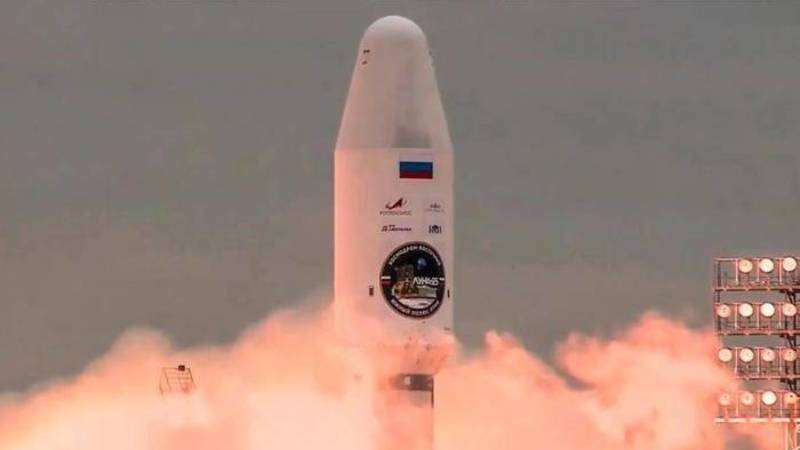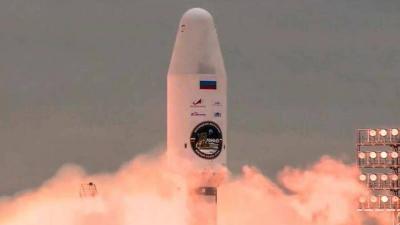The head of the Russian space agency (Roscosmos) announced on Monday that the race to explore and develop lunar resources has begun, and Russia must remain active despite the failure of its first lunar mission in 47 years. The Russian spacecraft Luna-25 lost control and crashed on the moon's surface on Saturday after encountering problems while transitioning to its orbit before landing, underscoring the decline of the space program in the post-Soviet era.
Yuri Borisov, the head of the agency, appeared disheartened during an interview with Russian state channel "24," stating that it is of vital national interest for Russia to remain committed to lunar exploration. In his first public comment following the mission's failure, he said, "This is not just about the state's prestige and achieving certain geopolitical goals; it's about ensuring defense capabilities and achieving technological sovereignty."
He added, "It also has practical value today because the race to develop the moon's natural resources has of course begun. The moon will become a platform for deep space exploration in the future; it's an ideal platform."
Russia stated it will launch more missions to the moon and is considering a possibility of launching a joint manned mission with China, and even establishing a base on the moon. The U.S. space agency (NASA) highlighted the "race to find gold on the moon" and has explored the potential for mining on the planet.
In 2020, the United States announced the Artemis Accords, named after NASA's spaceflight program, in an effort to build on existing international space law by establishing "safety zones" on the moon. Russia and China did not join the accords.




